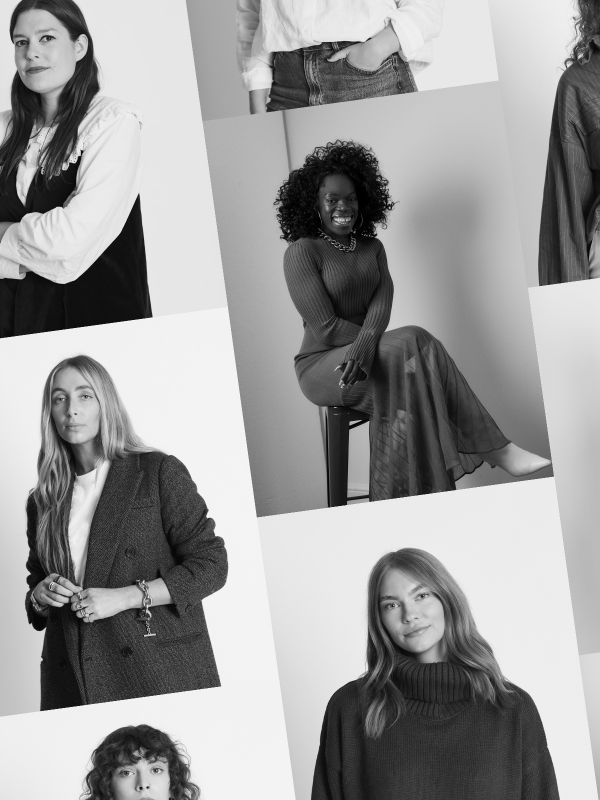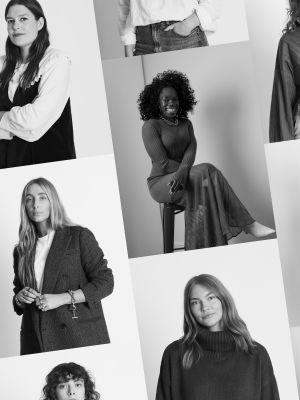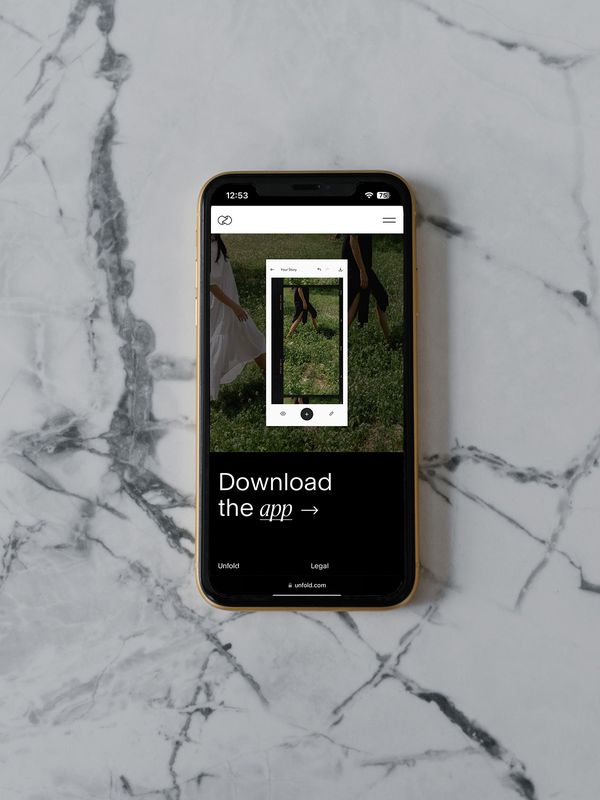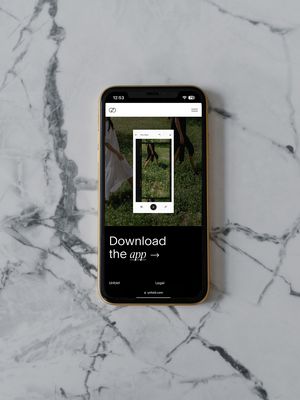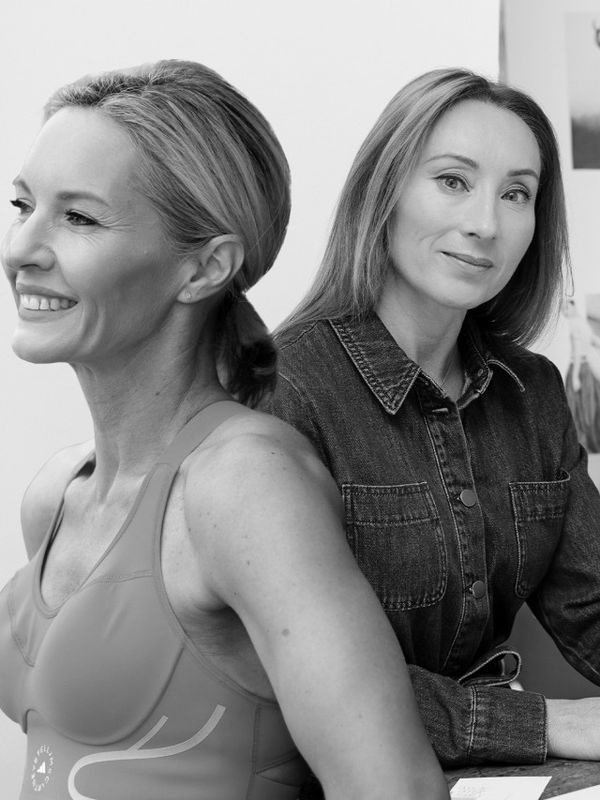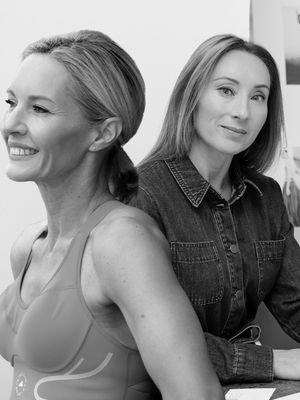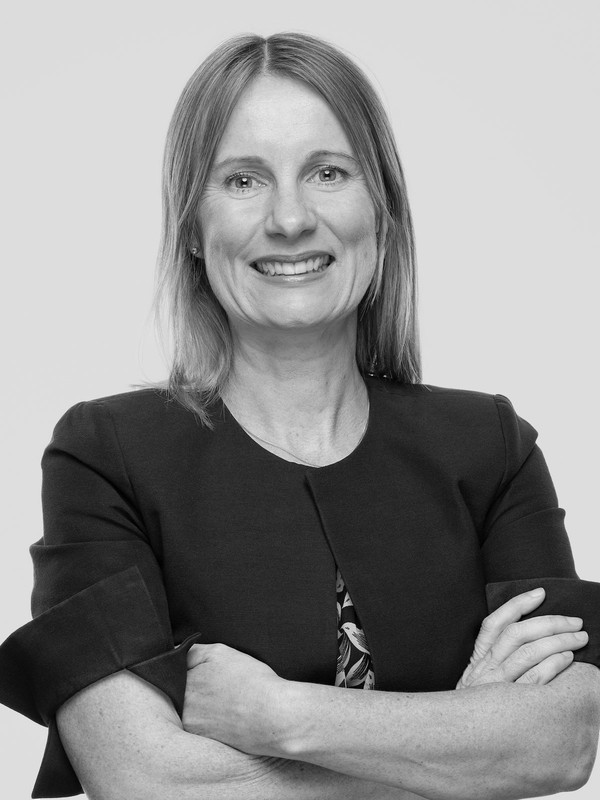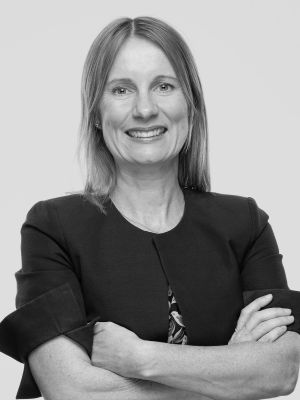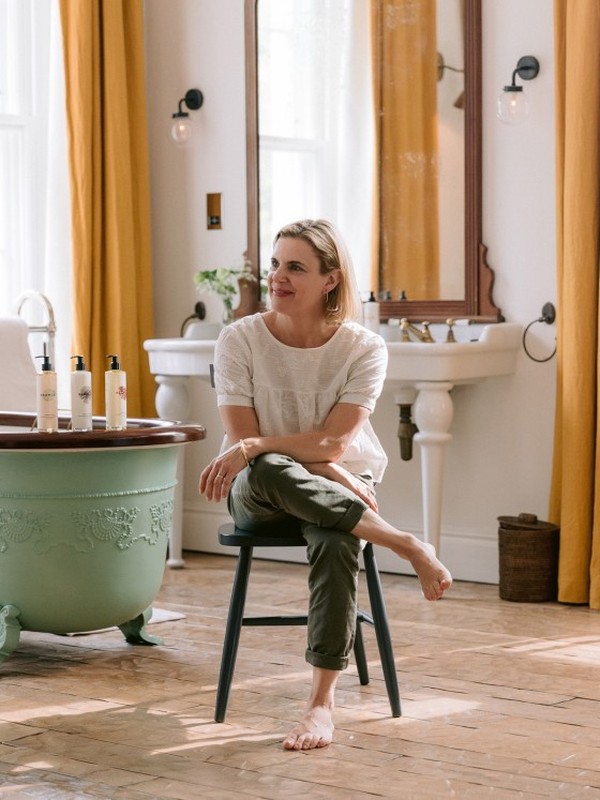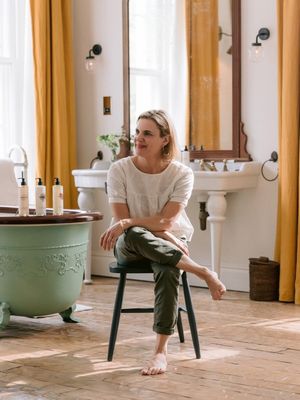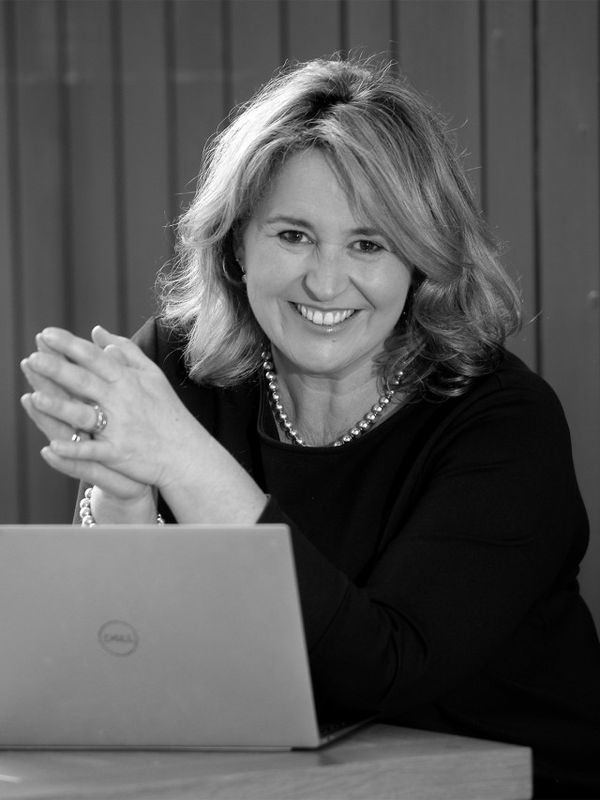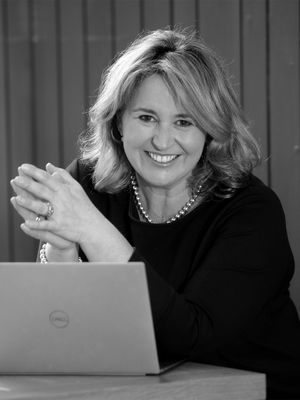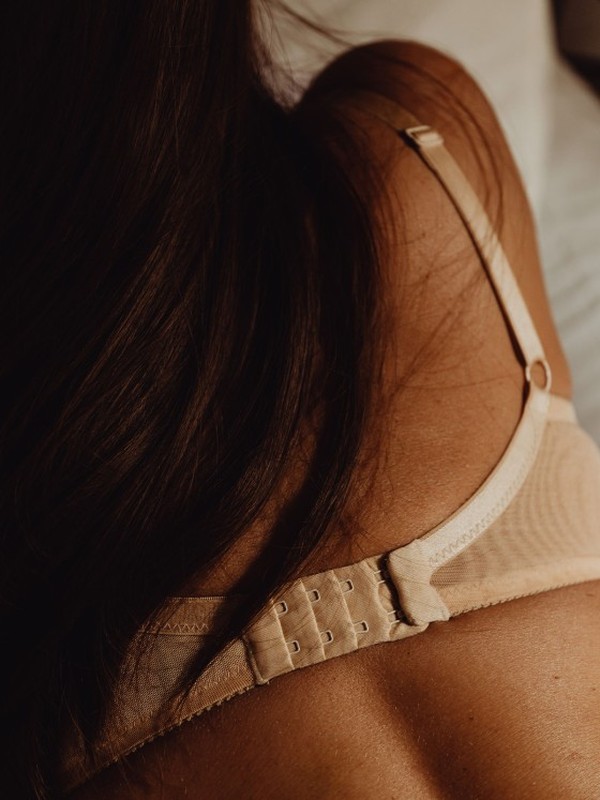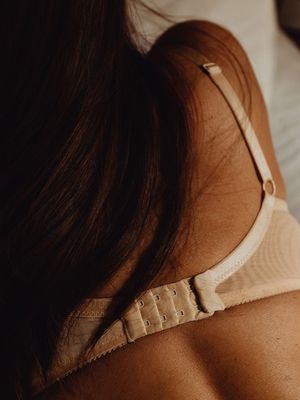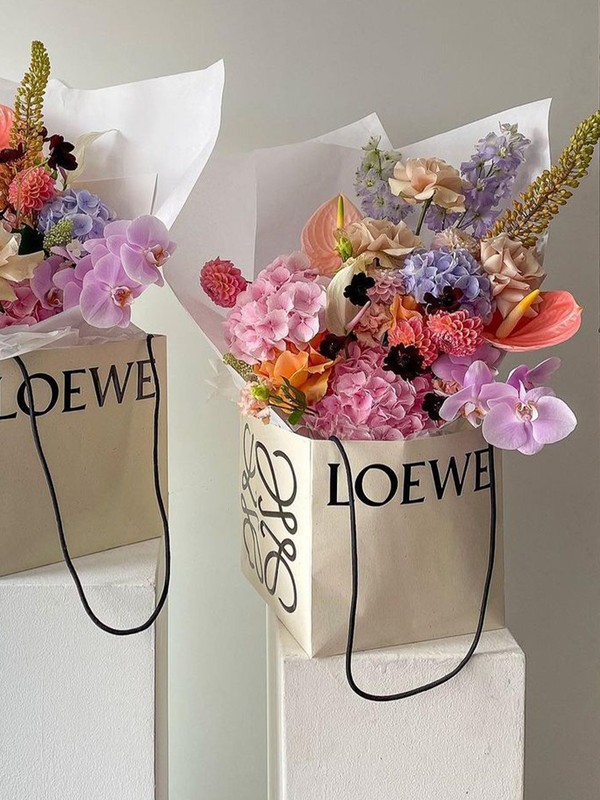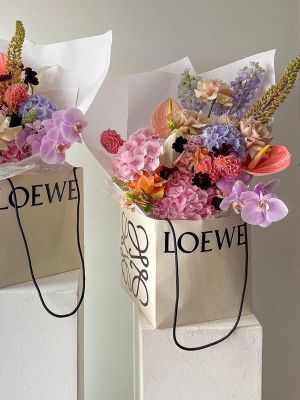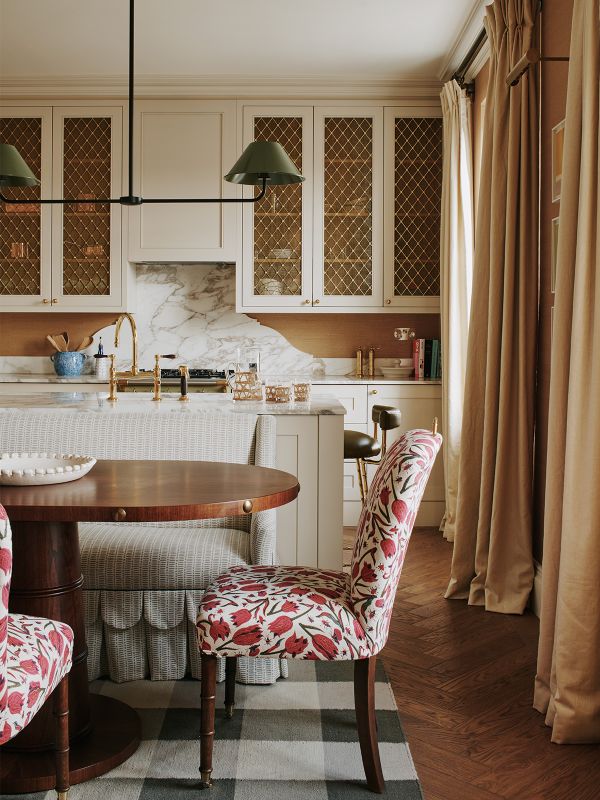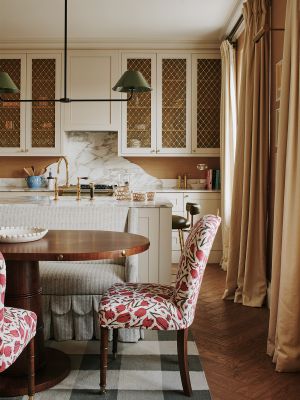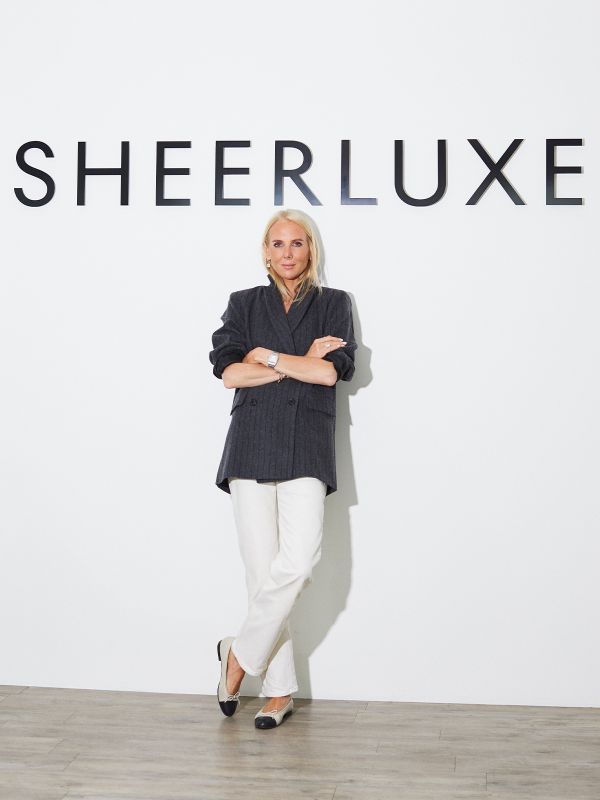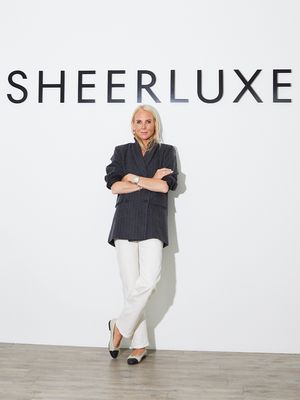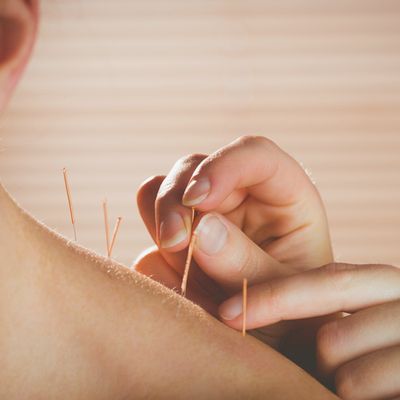
My Interesting Job: Acupuncturist
How did you become interested in acupuncture?
My interest in acupuncture came from my own personal experience. In my early twenties I developed a pain in my right arm; my whole arm tingled and my hand would go white – it was particularly bad whilst driving. Over a period of two years I saw my GP, an orthopaedic consultant, an osteopath and had an MRI scan. The general consensus was there was nothing wrong and I would have to learn to live with it. Then a friend suggested I go and see her acupuncturist. To be honest, by this point, I was ready to try anything. So, I went to see the most wonderful acupuncturist who examined me and, within two minutes, pointed out that my fourth rib was sticking out from my sternum. He put two needles around the elevated rib and I watched in amazement as my rib sank back in line with the others. The symptoms I had experienced over two years haven't returned since.
While treating me he explained that the body should heal itself – if it does not, it means there is something out of kilter. Even with a symptom as localised as a painful arm, there is a need to look at lifestyle, diet and emotional elements to work out why the body has been unable to resolve the disharmony itself. This made perfect sense to me and from that moment I was hooked on the therapy.
Almost immediately after, I enrolled on an acupuncture course, which meant giving up my job in management consultancy.
Were you concerned about making a big career change?
Not at all. I thoroughly enjoyed my job and it has definitely enriched my acupuncture practice, but I wasn’t passionate about it. My first acupuncture treatment was a light bulb moment and I suddenly knew what I was destined to do.
What did the training involve?
I trained at several different colleges. Itnitially I took a three-year, full-time acupuncture course at the London School of Acupuncture and Traditional Chinese Medicine and received a Diploma in Acupuncture. The course covered all aspects of Traditional Chinese Medicine and was a very hands-on course as students learnt to locate and needle the points on each other. We also gained many hours of experience by treating patients in the college acupuncture clinic under close supervision. At the same time, it involved a huge amount of theory as we also studied anatomy and physiology, patterns of disease, nutrition and elements of western medicine to ensure safe practice.
Once I qualified as an acupuncturist, I completed work experience in a hospital in China, which was invaluable to my practice and resulted in a Diploma in Acupuncture from Nanjing Hospital.
Since then I have continued my studies on a yearly basis, which is a requirement of my regulatory body, the British Acupuncture Council. I have completed a number of courses in the field of women’s health and have a Bachelor of Science in Acupuncture from Westminster University and a Post Graduate Diploma in Traditional Chinese Medicine Gynaecology & Obstetrics with Dr Trevor Wing.
Is there an area you specialise in?
I specialise in women’s health and primarily treat gynaecological issues such as irregular or painful periods, fertility, pregnancy, post-natal support, menopause and emotional wellbeing. However, clinical trials also show acupuncture to be effective in helping with issues including depression, anxiety, PTSD, insomnia, pain in the lower back, neck, shoulder and pelvis, osteoarthritis, headaches and migraines, digestive problems (including constipation, IBS and dyspepsia) and hayfever.
Tell us what your average day looks like.
I work three days a week and see my first patient at 7am and my last at 7.30pm – early and late but lots of people need to be seen before or after work so I have several breaks during the day and a long lunch hour!
During the course of a day, I treat patients for issues including natural fertility, fertility support alongside IVF, anxiety, stress, menopause, PMT – basically anything related to being a woman.
Following an initial consultation I make a diagnosis, discuss a treatment plan and give any advice I feel would be helpful going forward. The consultation is then completed with an acupuncture treatment.
Do you practice other complementary therapies too?
Yes. I am interested in all forms of therapy, both complementary and western. Having worked alongside doctors and complementary therapists for the past 25 years, I am a firm believer that, where necessary, a combined approach of western and complementary medicine offers the most comprehensive and effective treatment for my patients.
Achieving and maintaining good health is like doing a jigsaw puzzle - you need many different pieces to create a perfect picture. Each practitioner adds their own invaluable, individual piece – often working together as a team is the best way to complete the whole picture.
Do you think people are becoming more open to trying holistic therapies?
I have definitely seen a rise in the number of patients seeking treatment over the past 25 years, and I am in the fortunate position of having a waiting list. I know I am not alone in this, as many of my colleagues are equally busy.
When I first qualified, many patients viewed acupuncture treatment as a last resort, but this is no longer the case. The excellent work being done by the British Acupuncture Council has helped raise awareness about the efficacy and safety of acupuncture and had a positive impact on how it is viewed.
I also think at a grass roots level personal experience and word of mouth has had an impact. The majority of my patients come to see me via recommendations from their friends.
Finally, I suspect social media and the press have also had a part to play as many high profile celebrities such as the Duchess of Sussex, Gwyneth Paltrow, Sandra Bullock and Kim Kardashian have also endorsed acupuncture over the years.
What advice would you give to people considering a career in acupuncture?
I would first of all say go for it. It is a wonderful and fulfilling profession.
When looking at training, choose your college carefully – make sure it is accredited by the British Acupuncture Council to ensure you are receiving the best possible training. Utilise the British Acupuncture Council website too – it is full of information for before, during and after qualifying.
If possible, exploit opportunities for study trips to China. It is inspiring to work in a hospital there and see how they integrate Traditional Chinese Medicine with western medicine.
It’s also good to have treatments with lots of different acupuncture practitioners to experience different styles of treatment and different ways of interacting with patients.
When you first qualify, treat as many people as you can. For example, I did a lot of voluntary work – the more hands on experience you can get the better. And, even once you are qualified keep on studying – over and above CPD requirements – it keeps your practice up to date and fresh.
For more information visit JustineHankin.co.uk
DISCLAIMER: We endeavour to always credit the correct original source of every image we use. If you think a credit may be incorrect, please contact us at info@sheerluxe.com.


